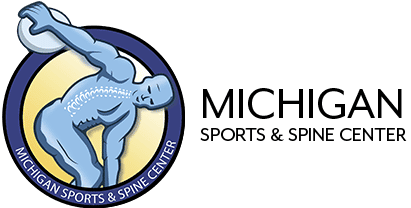Choosing the Right Doctor for Back Pain Treatment

Low back pain is one of the most common medical complaints, so family doctors see a lot of back pain patients. But if four to six weeks of painkillers and exercise therapy doesn’t help a patient, it may be time for a specialist. Getting relief for your back and/or chronic pain means connecting with the right medical professionals and being honest and open about your pain.
Between orthopedic surgeons, chiropractors, physiatrists, and neurosurgeons, it’s hard to know which doctor can best treat your pain. Each approaches treatment from a different perspective.
No treatment is guaranteed to give relief, so your choice will depend in part on your attitude toward the body and medicine—and your doctor’s own philosophy.
CHIROPRACTOR
Be sure to choose a chiropractor who holds a board certification and is state licensed. Like osteopaths, chiropractors favor physical manipulation of the body, and chiropractic treatment focuses on manipulation of the spine. Be aware that some practitioners make greater claims about what they can cure than others. Choose a chiropractor who is honest about your chances of improvement.
PHYSIATRISTS
Physiatrists are DOs or MDs who specialize in physical medicine and rehabilitation (PM&R). They have a four-year residency after medical school that is different from the orthopedist, spine surgeon, or neurosurgeon. They are not surgeons and are given a comprehensive education in spinal disorders. These doctors can specialize in nonsurgical treatment of the back. Many perform EMGs that are electrical nerve diagnostic tests to help understand the source of nerve pain. Others have taken fellowships in interventional spinal injections to complement their treatment programs. These physicians are a good choice for initial treatment.
It’s a fairly new specialty. The field started in the 1940s out of returning vets from World War II and a lot of the injuries they sustained. It is an entire area of medicine specializing in evaluating and treating brain injury, spine injury, and amputees.
Today physiatrists often have broad practices, but some concentrate on one area such as pediatrics, sports medicine, geriatric medicine, or brain injury.
SURGEONS
By definition, surgeons focus on more invasive treatments. Both neurosurgeons and orthopedic surgeons perform spine surgery. Most people think that neurosurgeons are “brain surgeons” but in fact they perform the majority of their operations on the spine. Becoming a neurosurgeon requires six to seven years in residency, as opposed to the four to five for orthopedists, and neurosurgeons tend to specialize in more delicate cases—that involve areas like the lining of the spinal canal—than orthopedic surgeons.
WHICH IS RIGHT FOR YOU?
The advice of a trusted family doctor is a logical place to start your journey. Once a serious problem has been ruled out, back pain treatment is often a collaborative course of treatment. Make sure your general practitioner understands the range of caregivers and the variety of approaches, and start shopping.
ABOUT MICHIGAN SPORTS & SPINE CENTER:
We’re innovative leaders utilizing cutting-edge technologies such as musculoskeletal ultrasounds, PRP, stem cell treatment, and other innovative procedures. Michigan Sports & Spine Center is committed to resolving your pain, not simply masking it. We treat the whole body, not just the injury, and perform preventative treatment so your injury doesn’t come back. Our studies prove that Michigan Sports & Spine Center has patient success rates much higher than the national average. We treat everyone from high-profile athletes to your neighbor next door. Our primary focus is getting our patients back into the game of life!
